Your students need ways to move, be creative and learn deeply. I am creating a free teacher training series called Deep Learning at Home, where you can teach your students to think deeply while having fun. When it all passes, there will be a “new normal.” Contemplating these questions will inform our new normal.
Read MoreI am checking in with you. Some of us are deeply impacted by the big change and others not as much. In conversation, many have shared that you are using this time to reflect on your career and ask some of the bigger questions like, "What is my purpose?". This is an opportunity for us to get away from the daily pressures and ask these questions. When it all passes, there will be a “new normal.” Contemplating these questions will inform our new normal.
Read MoreAfter teaching a grade 6 class for half an hour, Josh approaches me with tears in his eyes. “Ms. Boersma, none of the kids like me. No one wants to work with me. The other boys always ignore me.” I notice many of the girls are quiet, and many of the boys are trying to fit in. The same few people are participating in class discussions. The students freely participate in “side conversations” and giggling at inappropriate times. They are not bad students. They just have a bad habit.
Read MoreCo-teaching with the homeroom teachers brings out the most in the students. Teachers and students alike constantly switch in and out of role reflecting on how the story we are creating together is like real life. The discussions are often deep. Students learn to take responsibility for the way they are being so they can do what is expected (success criteria) so they can have the results from their hard work.
Read MoreWith teacher strikes looming all around us, are you able to find something great? As an adult, I am always learning. Here is my experience in a recent adventure. I hope it encourages you in your learning. Life is an adventure. I feel that I am at the peak of my career, and I want to make a significant contribution to society. So, off to New Zealand, we go to see the country the way the tourists do, travelling in a camper van. It is a fantastic experience that allows us to see this spectacular country and experience many highlights…
Read More“He won’t let me play soccer at recess.” “She said she won’t be my friend.” “That’s not fair!” “He is always on the computer. It is my turn!” It seems every day after a recess break, students want me to solve their squabbles. Children have a good sense of fairness and equity. Why can’t they solve their own problems? As a teacher, I have asked students to “sort it out” between them before entering class. Later I realized children are not born with the ability to figure out these higher-order emotional skills on their own, just like they are not born with manners. They need pro-active, explicit instruction.
Read MoreHow do we prepare our students for the 21st century? This is a question that educators have asked for years. Teaching content no longer sets our students up for success. Many of the jobs our graduates can get now will no longer exist in a number of years. Of course, teaching the basics is important and we must teach the basics in the context of developing innovative minds.
Read MoreHaving just returned from an exhilarating international conference, 2019 SEL Exchange, I am excited to share. “Defining Quality in the Context of Innovation” was the focus of the conference hosted by the Collaborative for Academic, Social, and Emotional Learning (CASEL), the best place to get resources and information about Social and Emotional Learning (SEL).
Read More

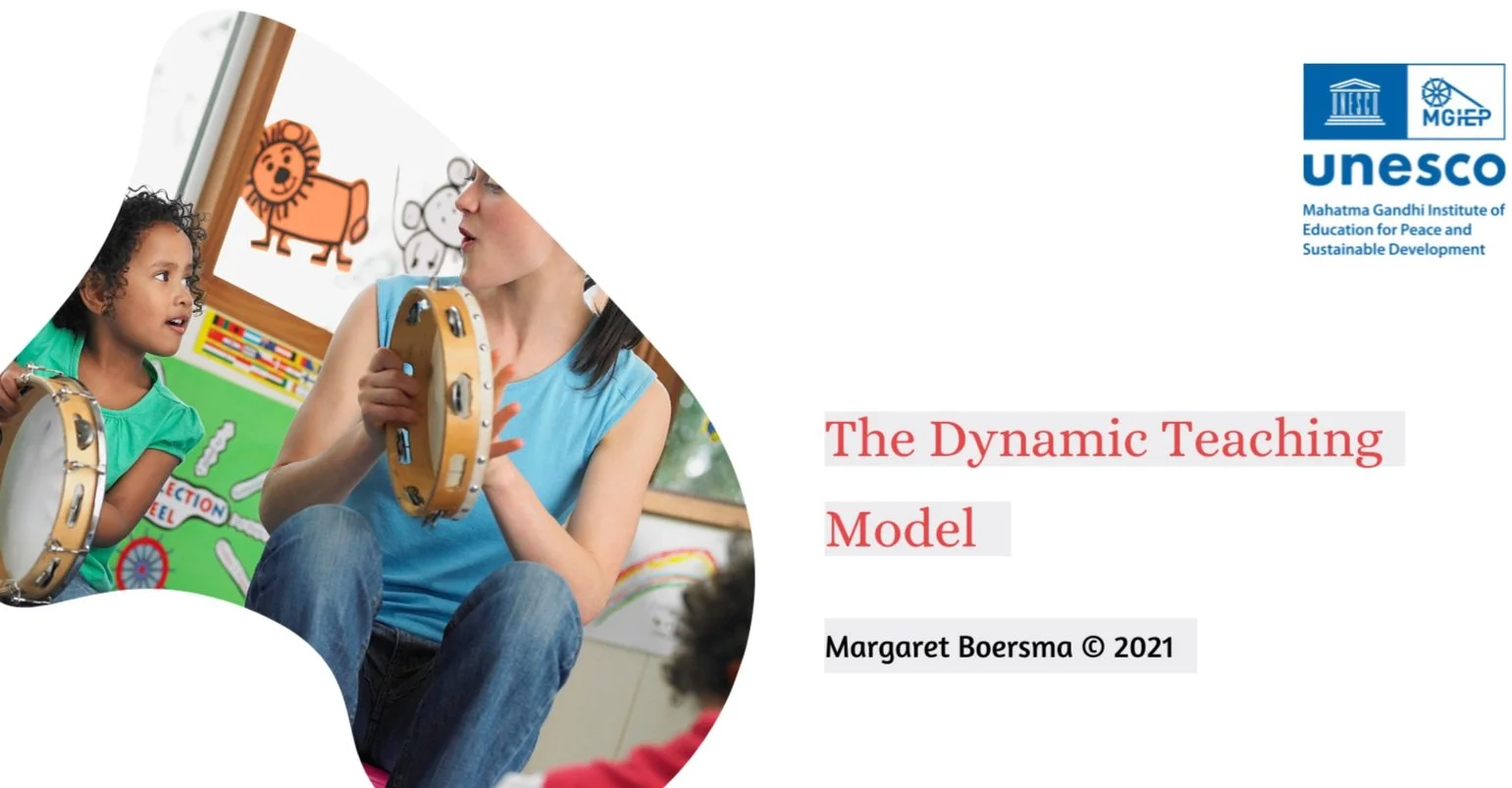
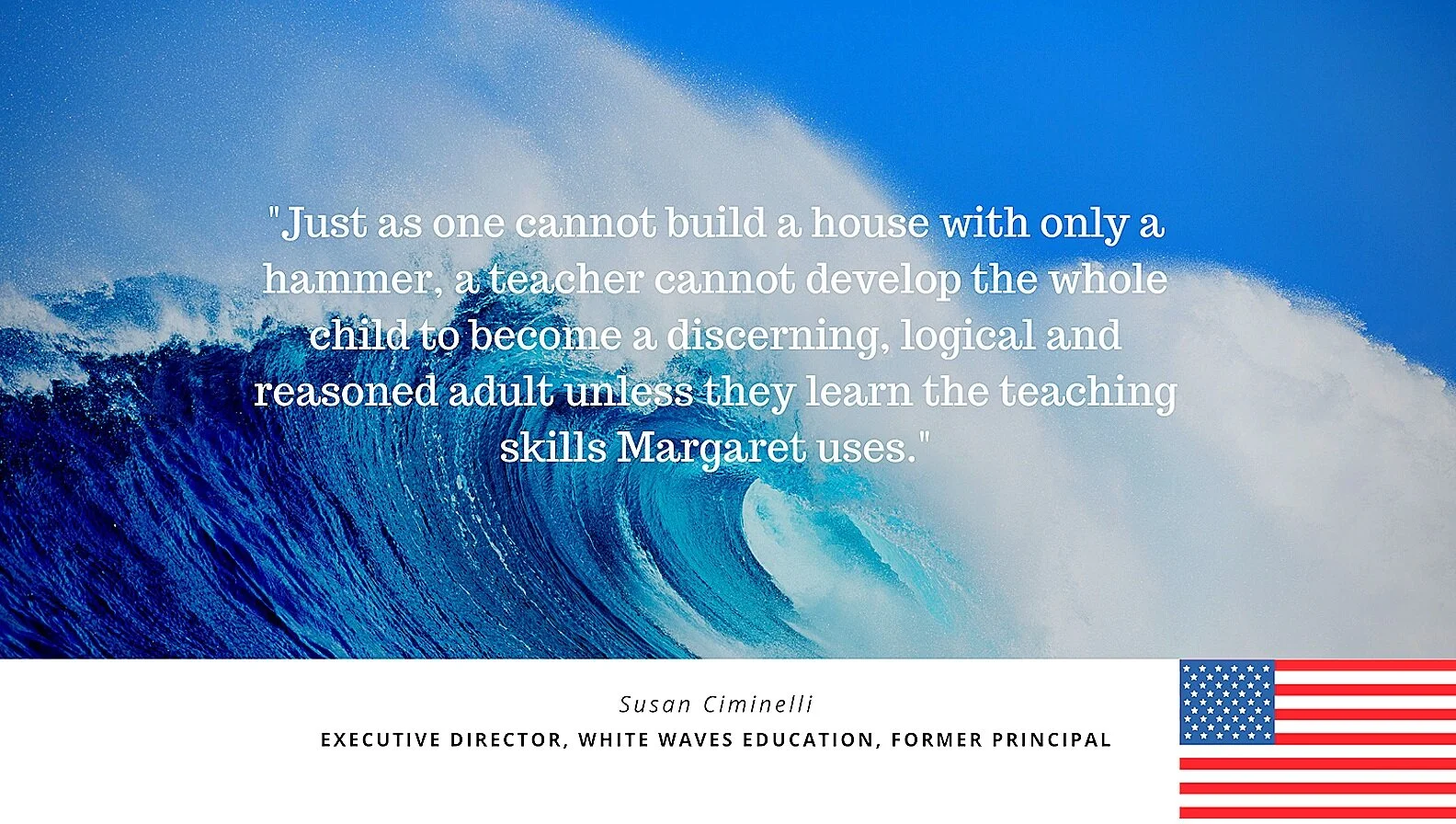


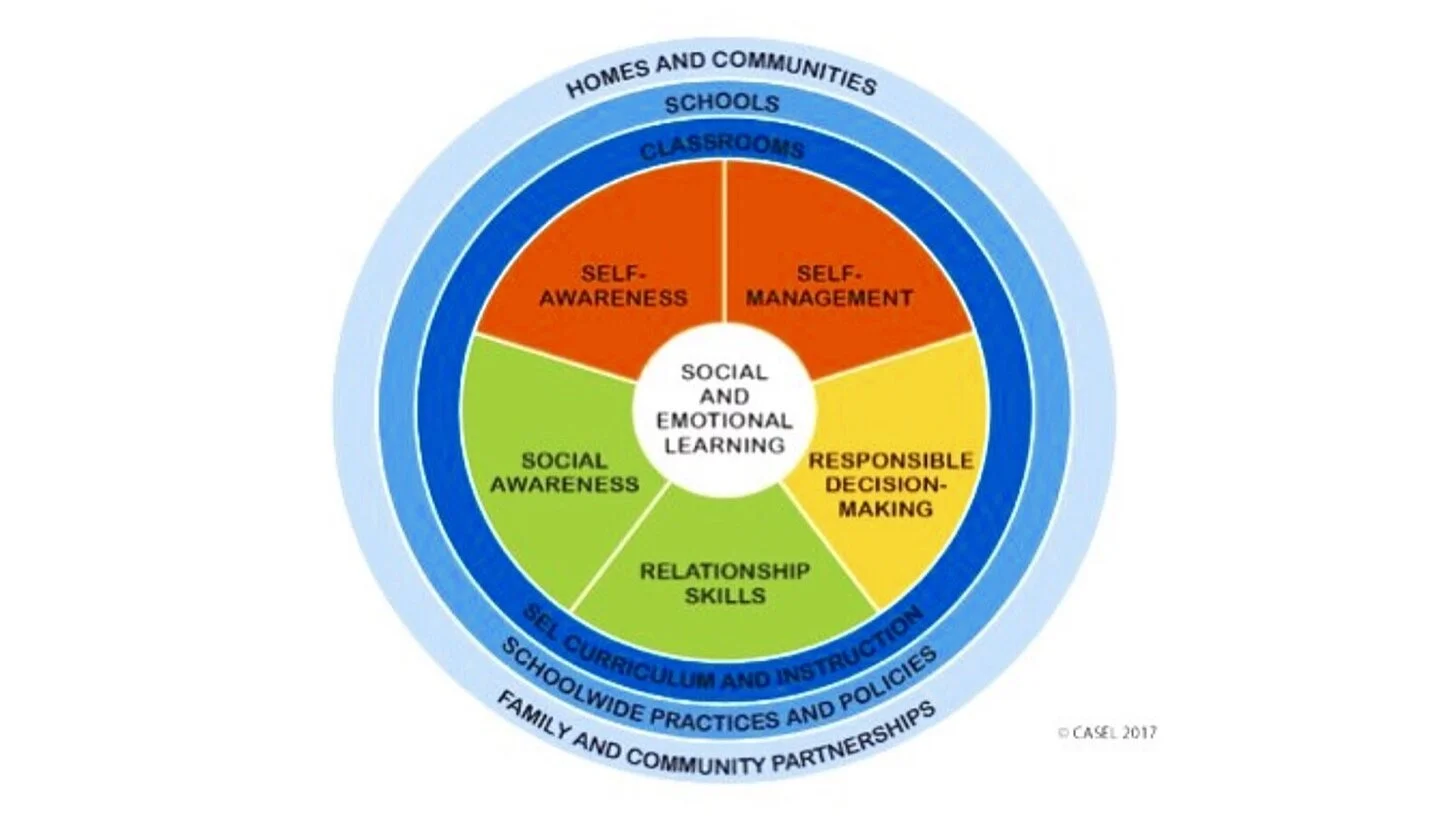






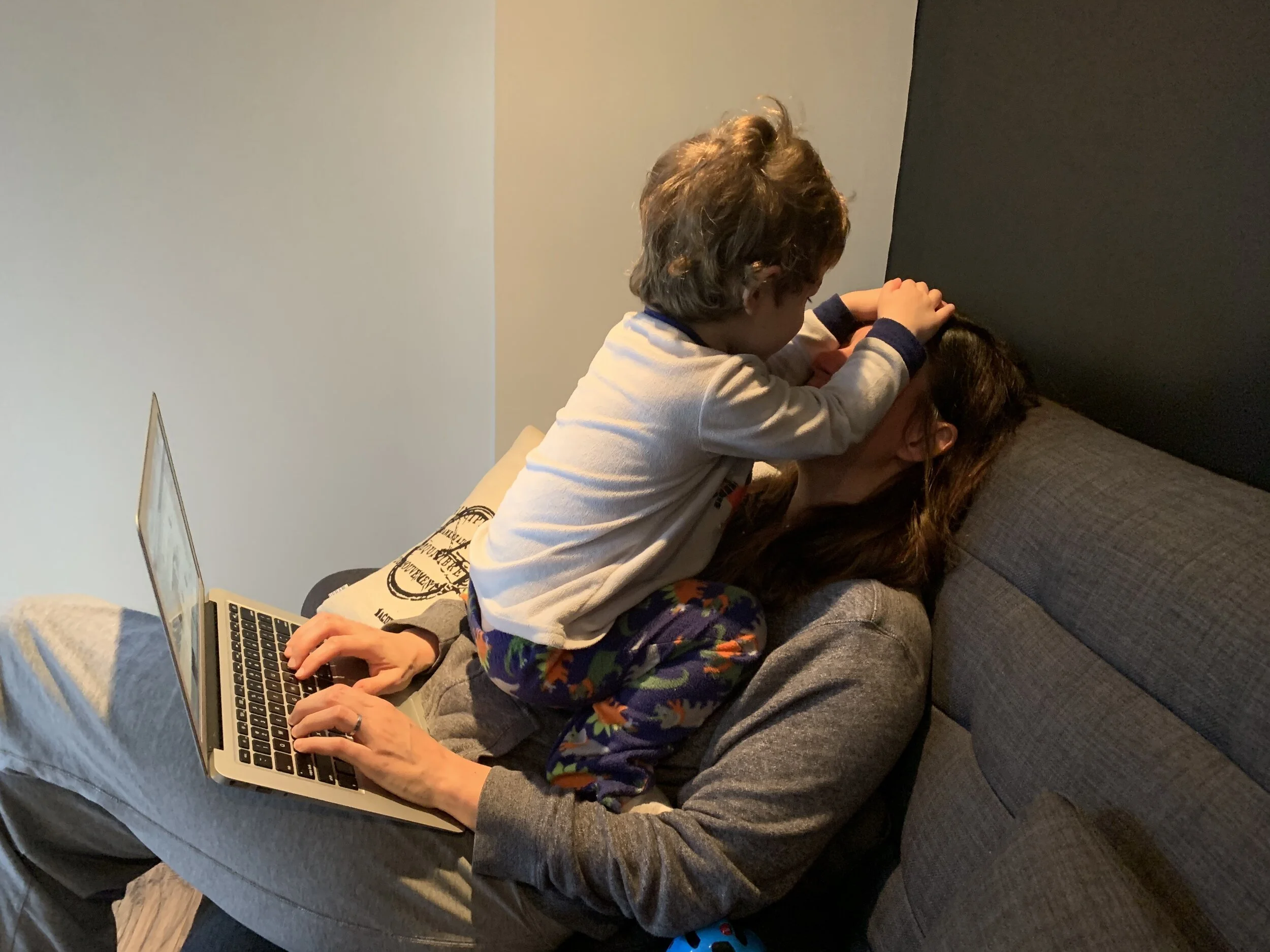
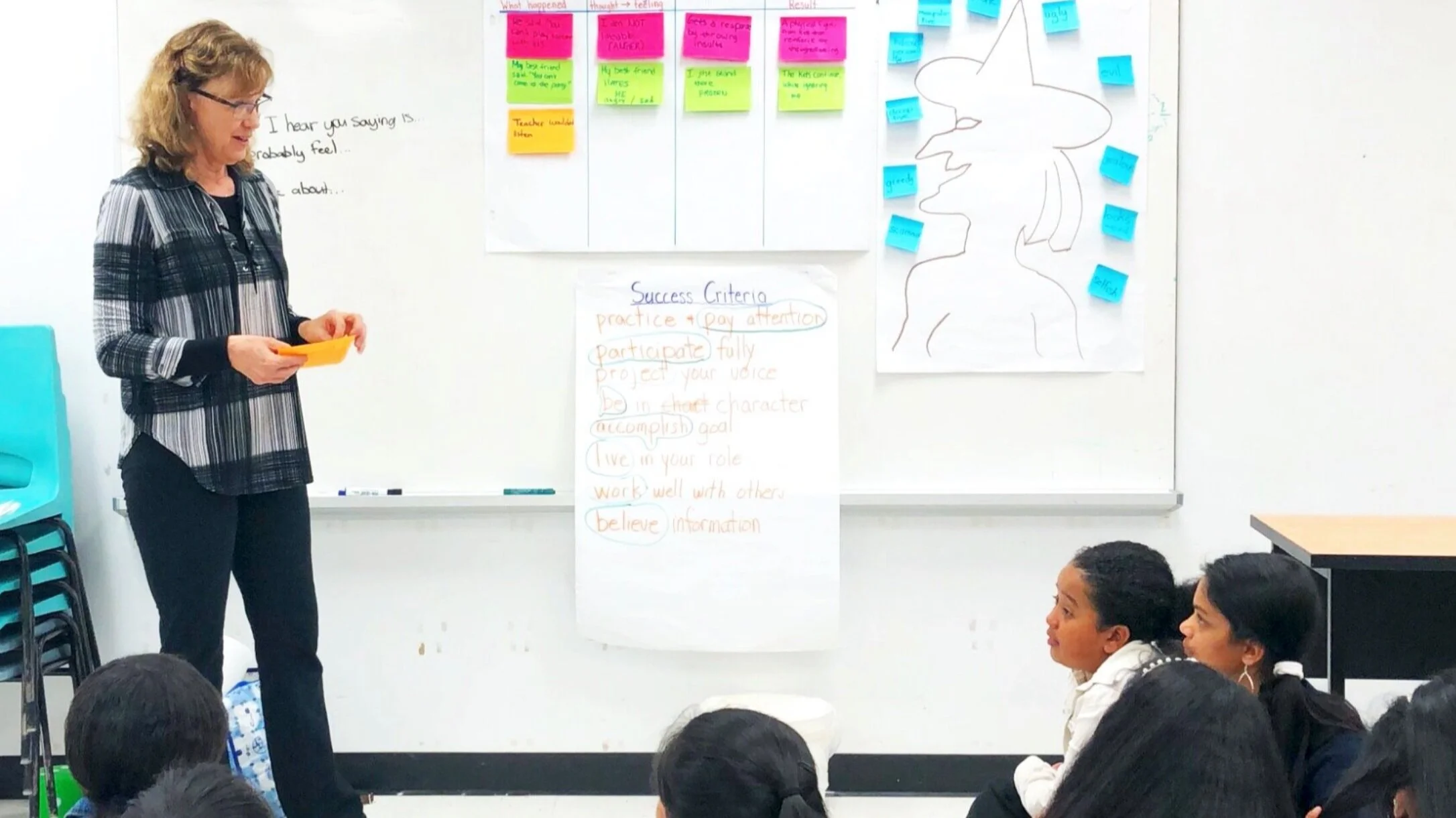
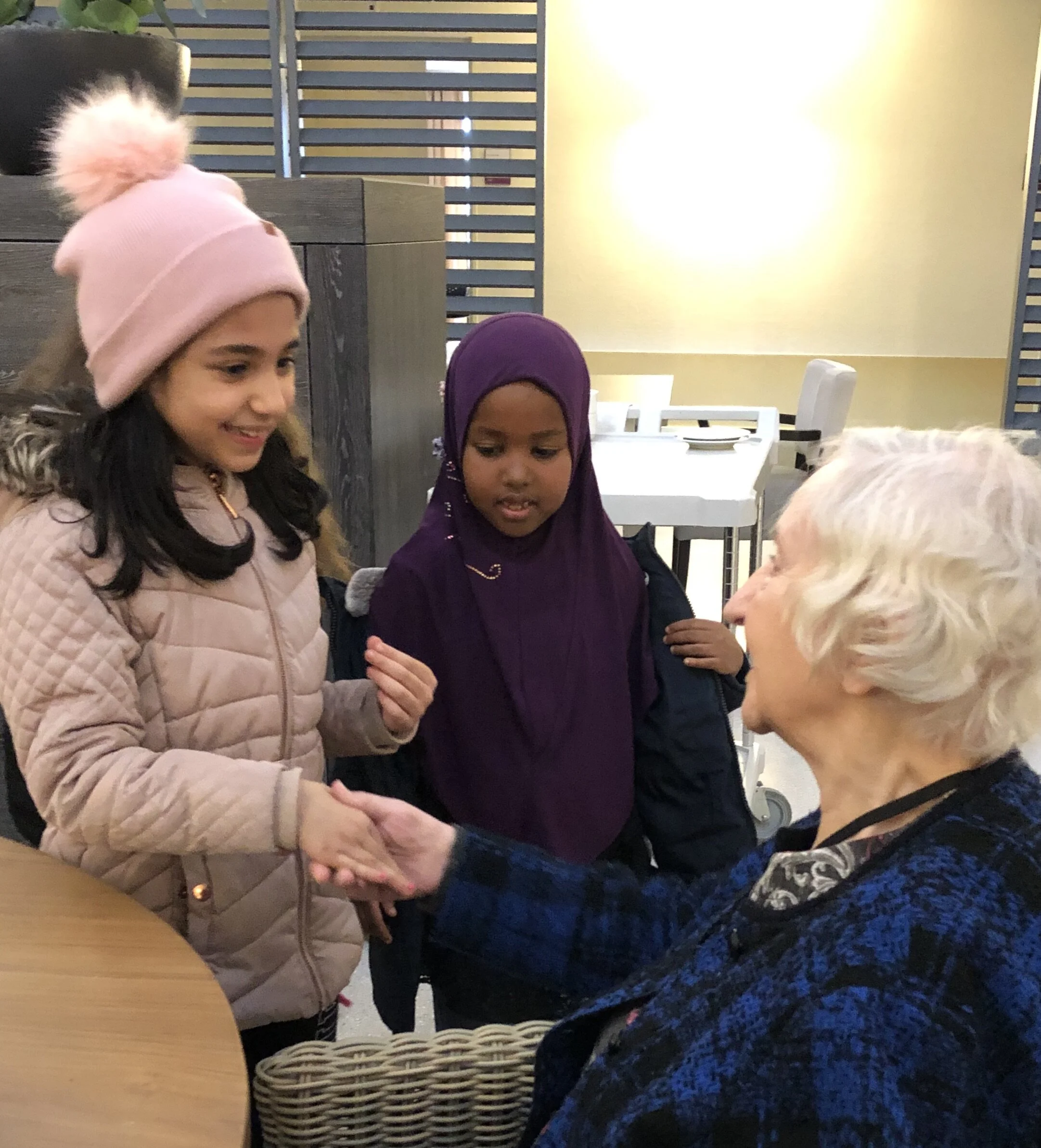
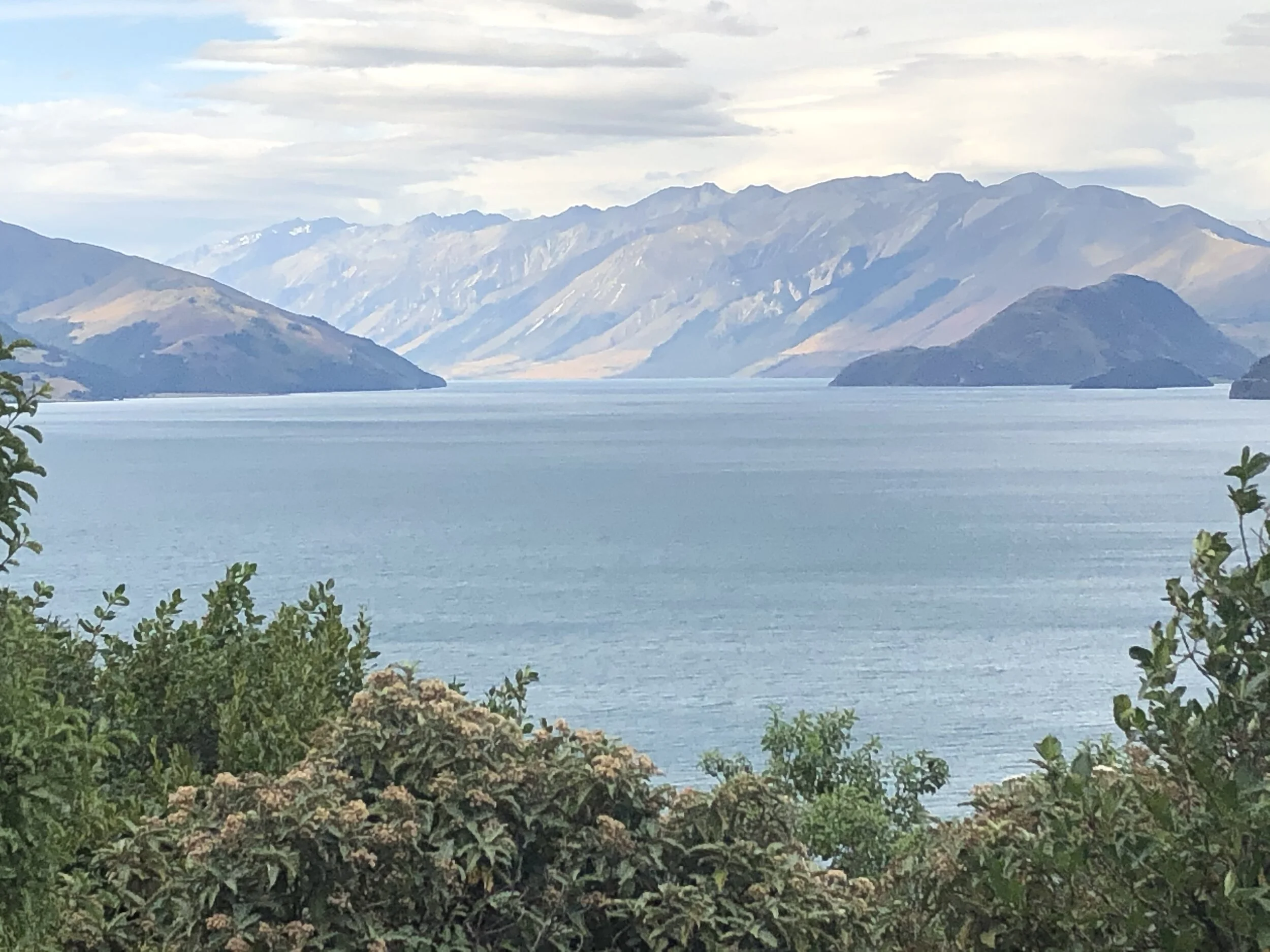


Analogical Problem-Solving ™ is what I call teaching by living inside a story such as the Us and Them unit. Students have agency/voice to make decisions inside their class story, an analogy of life. As teachers, we carefully follow their suggestions and integrate lessons as we plan strategies that allow them to discover their learning. Students learn real-life lessons without real-life consequences. They realize at a profound level that we have so much in common. We are all connected. Ultimately the students decide war is not worth the enormous human cost. And they internalize that we are all part of the human race.